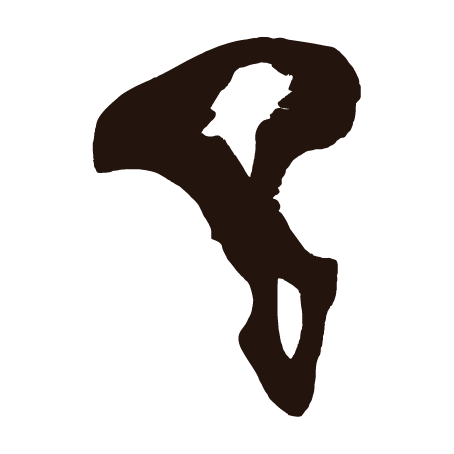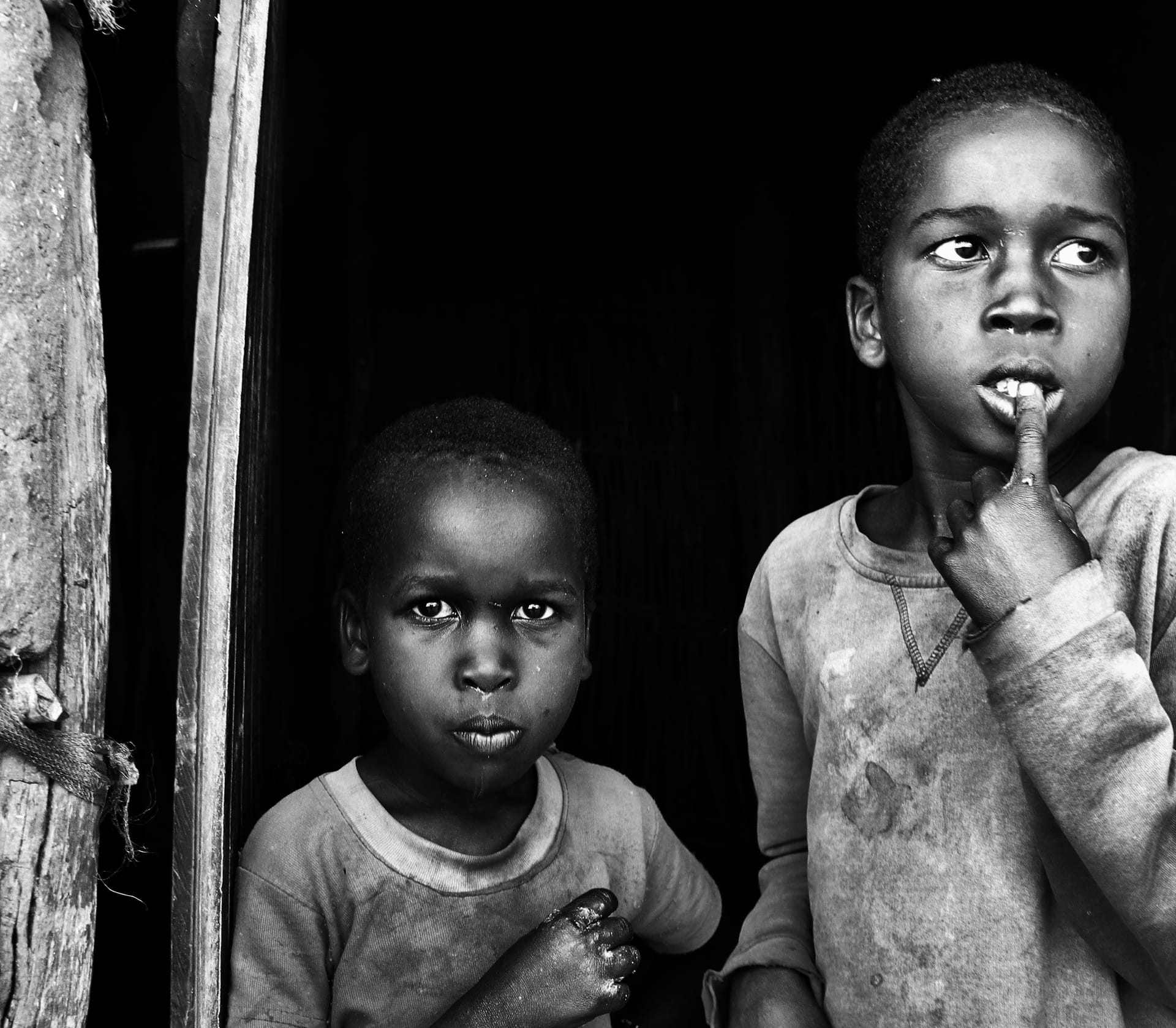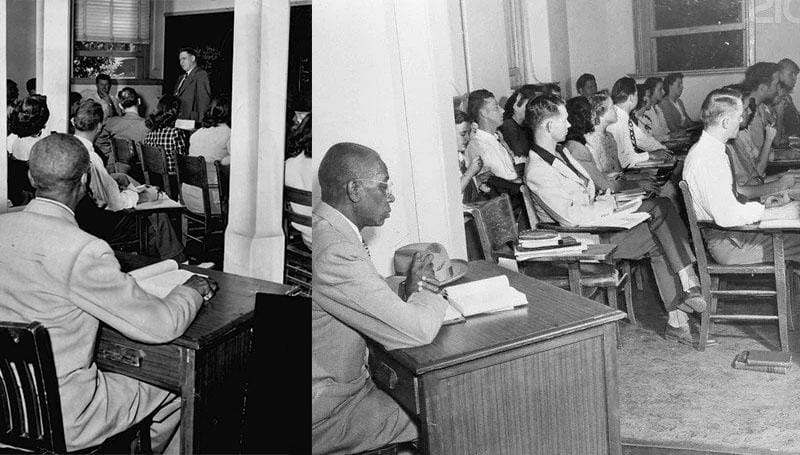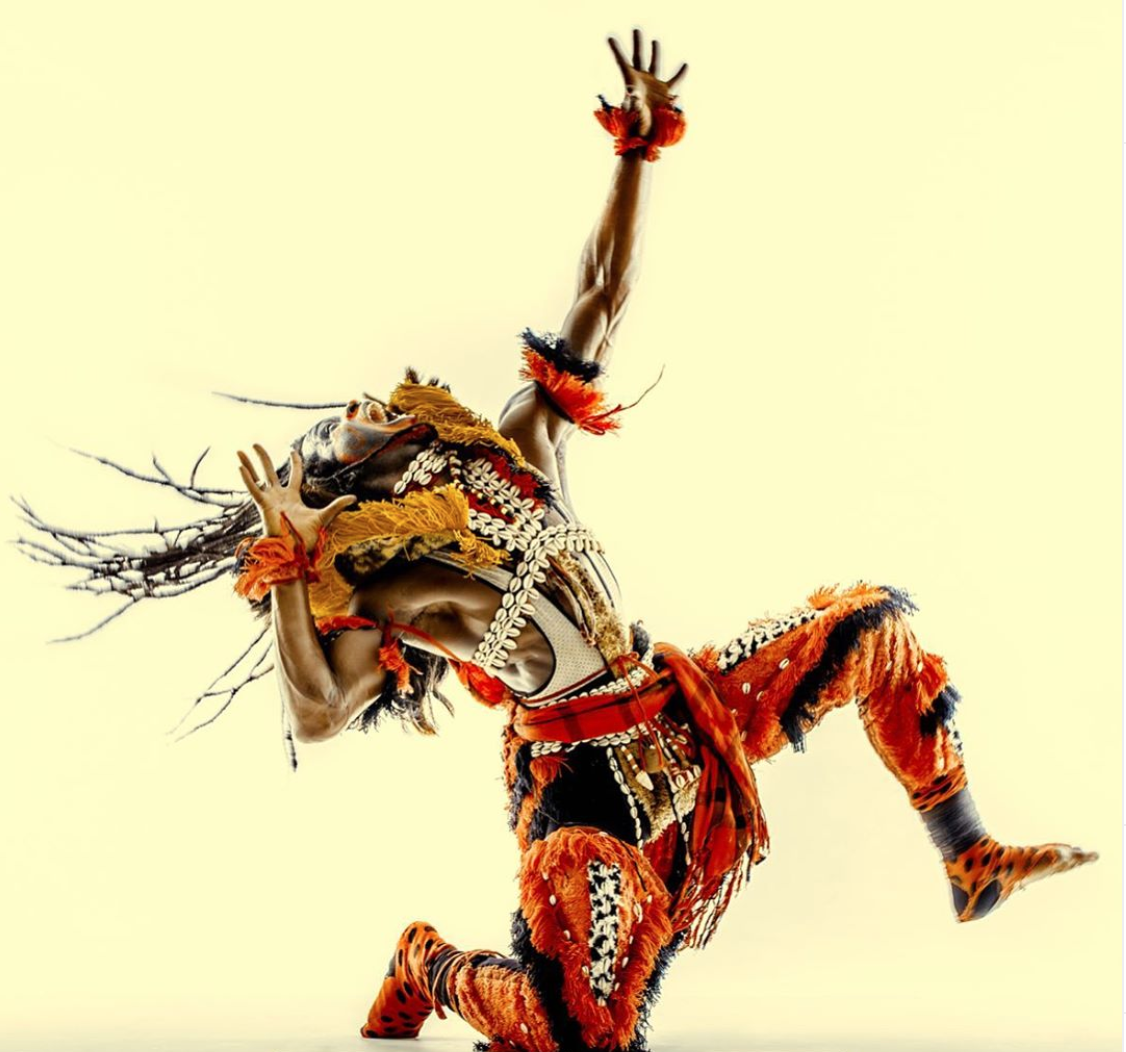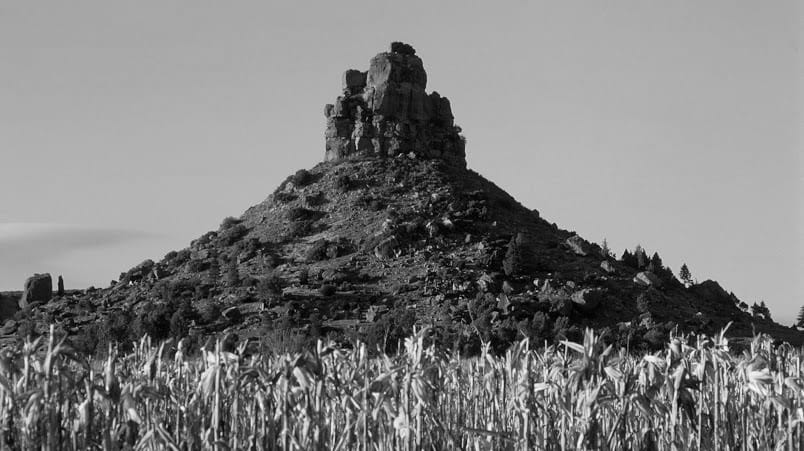Molefi Kete Asante argues and is asking this question …
The problem with African people in the continent and in the diasporas is that we don’t have an ideological position, that’s a fundamental problem with the whole development that we see. So, what we have is sporadic insights, when I said sporadic insights, I remember when I first met Cheikh Anta Diop in Dakar and I was so happy to meet him because he was considered in the 1960s along with William Du Bois, the greatest African intellectuals of the 20th century. So, I went and rush up to see him in 1980. I said to him, I am just so happy to meet you and I want to be like you to always defend Africa. He looked at me and he said … Young man! Africa need no defense. What you must do is always to advance the idea of Africa. And he gave me this notion of an agency, which is fundamental.
And this is where Afrocentricity comes from…
It is how can African people find their own center, what is the narrative of Africa and not the narrative of other people about Africa? What do African say? So, when I wrote my book on history of Africa. I precisely wrote a book that African people would be the subject of not the objects and not on the margins of Europe.
The Portuguese experience in Africa was only miner, so as the British. African history is thousands of years old, so you have to write a story of Africa. Africa must assert itself. But African cannot assert itself simple because we say there is an insight here, that we ought to this, we ought to do that or that because there is nothing coherent about it. So, we ask, where is the coherence? The coherence is that African has not express an ideological position.
Take for example the European experience and the European project, some from the beginning Europe had a very clear idea … Europe dominates the world – that’s it. Cecil John Rhodes said … I will bring rule to Cairo to Cape Town. It is a dream; it is a project. What is the African project? Where is that project? Where is it in the minds of African children, young people?
Because how do you get off the plantation, the mental plantation that Africans are on. You get off by an ideological idea. All societies in the world are rule by ideas, you’ve got to have an idea. If you don’t have an idea you will not even know who your enemies are. If you don’t have an idea you won’t know how to form a connection between one diaspora to another diaspora. You can’t do this…because you are a Christian, you Muslim, you Hindu, you Buddhist. You are this, you that. You from Jamaica, you from Trinidad and Haiti. There has to be an intellectual idea.
Ideology tramps everything else, you can be from the smallest ethnic group on the continent but if you are Afrocentric and believe in passion for the agency of the African people, you then become the leader. Is not about your ethnic group of linguistic groups, it’s about what do you believe about Africa.
when we talk about Dubai you can see they have an idea. And, if you have an idea and believe in the idea and you pursue that idea. You don’t need everybody to engage in the pursuit. You just need a critical mass to bring it in to being.
- Molefi Kete Asante
If African Union is an Africa’s ideological position, then it must be, its mandate is to build an integrated, prosperous and peaceful Africa, driven by its own citizens and representing a dynamic force in the global arena. To achieve this goal, the strategy is Africa Agenda 2063, which on paper is practicable, but it needs a significant effort from African countries to collaborate to achieve. I think the idea of African Union and Agenda 2063 are at higher level and has not made home into ordinary local African hearts and minds. The don’t see it … what is your thoughts?
